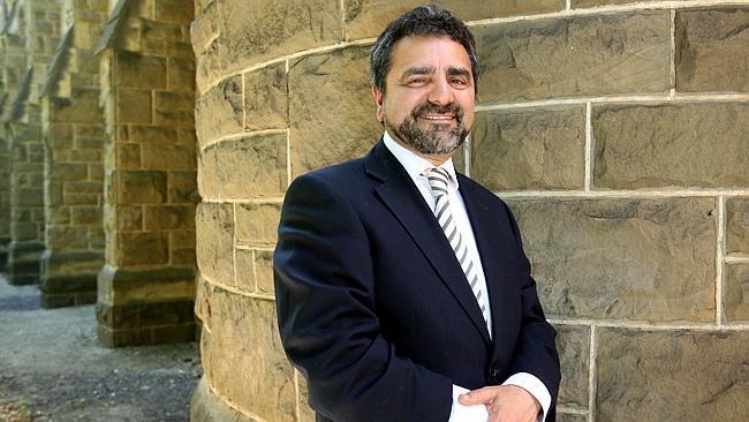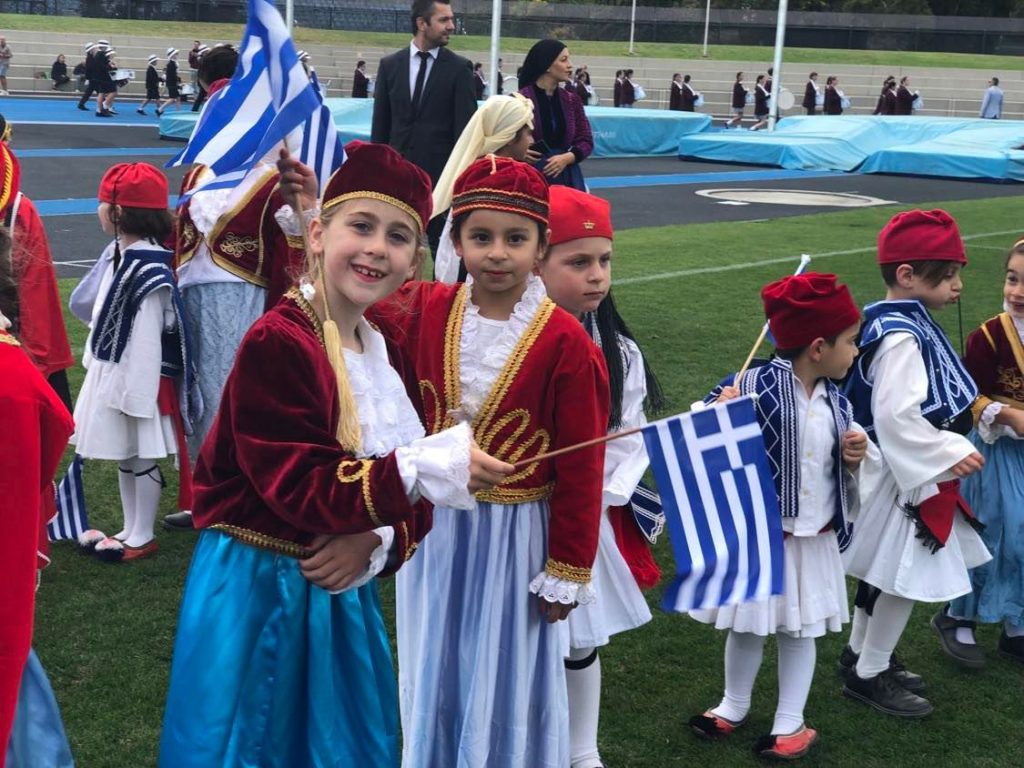The Pharos Alliance, consisting of numerous members passionate about preserving the Greek language in Australia, is inviting all individuals who share this passion to attend its meetings. While the organisation includes various stakeholders with vested interests in keeping Greek language alive, the focus has shifted to the students themselves. To gather valuable feedback, the alliance launched an anonymous Student Survey at the beginning of August.
The carefully-curated survey comprises of seven questions that primarily centre around students’ age, reasons for studying Greek, reasons for discontinuing their studies, and whether they would consider continuing to study the language at a tertiary level.
Denise Diakodimitriou, Secretary of the Modern Greek Teachers’ Association of Victoria, said, “We are especially interested to hear from senior high school students learning Greek in Years 10, 11 and 12 – these being the year levels at which many Greek language students tend to stop studying the language – and university students, whether or not they are currently studying Greek. The anonymous feedback will help us plan for the future.”
Digital links to participate in the survey are being distributed to schools to forward to their students. Professor Joseph Lo Bianco AM, an expert in language and literacy, told the Greek Herald that he hopes that students learning Greek across various settings – such as after-hours community schools, language classes within day schools, private lessons, and online learning – will complete the survey.

Professor Lo Bianco categorises Year 9 students of Greek language into two groups: the committed and the waverers. “The majority of students are waverers, but we expect more numbers of committed students to fill out the survey,” he said, adding that this would not skew the results as the survey is part of a larger study which will include more focus groups, and discussions with parents and teachers. “We want a rounded picture. This is just the start.”
The survey is just part of the puzzle. Members of the Pharos Working Party also attend meetings with government to discuss the Modern Greek Strategic Plan for the revitalisation of the Greek language.
Pharos – meaning lighthouse – hopes to be a beacon of hope for the Greek language. The MGTAV spearheaded the group in the belief that the dismal situation leading to Greek language loss could be overturned. “We know that student enrolments have been in decline for a long time,” Professor Lo Bianco said. “We must understand why and take action to prevent further decline. Understanding the views, experiences and attitudes of young learners will give us pointers to future action and deeper insight into where we need to intervene and how.”

The MGTAV is urging the community to work together. For this reason, members of Pharos, include the MGTAV, La Trobe University Modern Greek Studies, Greek Orthodox Community of Melbourne and Victoria, the Archdiocesan District of Northcote, Community Languages Victoria, the Association of Greek Language Schools in Victoria, the National Union of Greek Australian Students (NUGAS) and the Greek Australian Society (GAS) as well as individuals from within the Greek language teaching sector volunteering their time to strengthen the teaching, learning and use of Greek language in Australia.
Professor Lo Bianco, who wrote the first Multilingual National Language Policy in an English-speaking country in 1987, said he has sat on many groups, but particularly likes the Pharos meetings. “They are a very committed group, and everyone understands the pressure that we are under,” he said. “The research shows that this generation is the one that needs to change things and we can’t put off working to save the Greek language any longer.”
The survey is available here: PHAROS Student Survey about Greek 2023 (surveymonkey.com)
